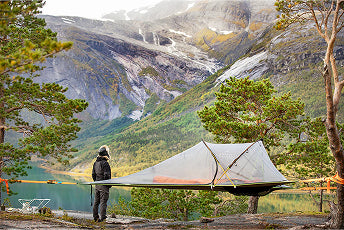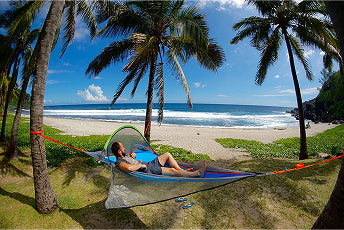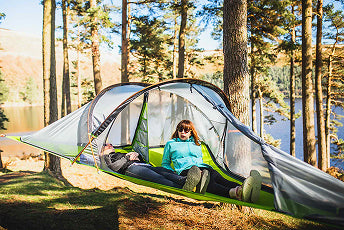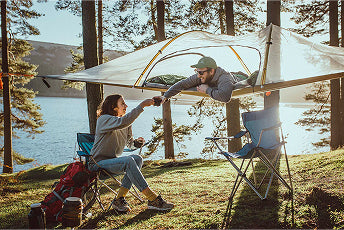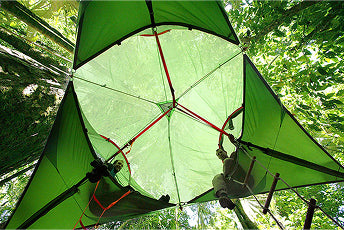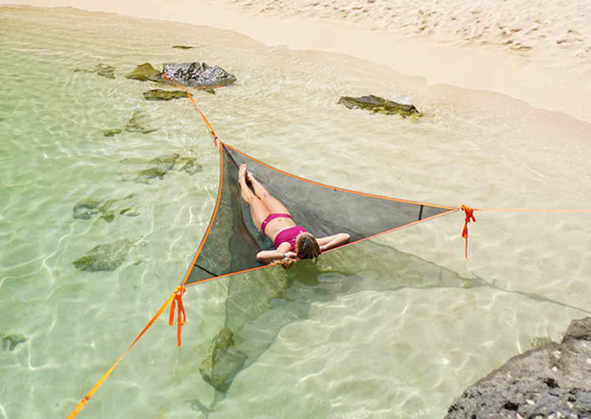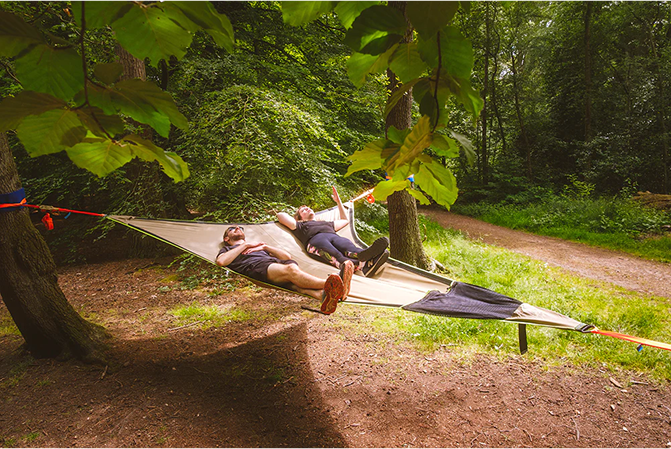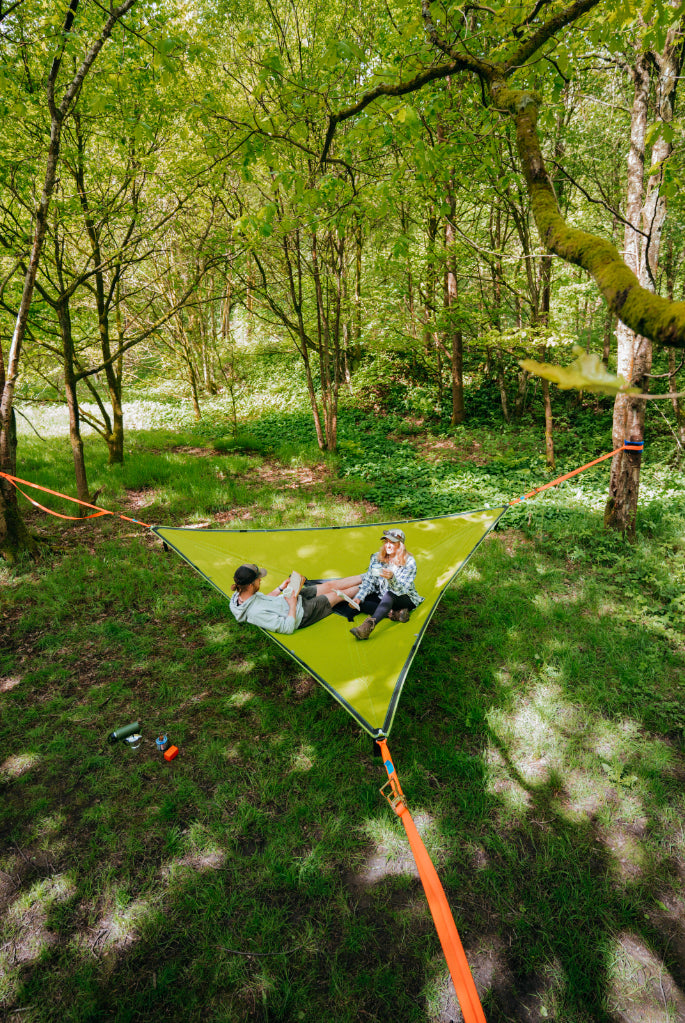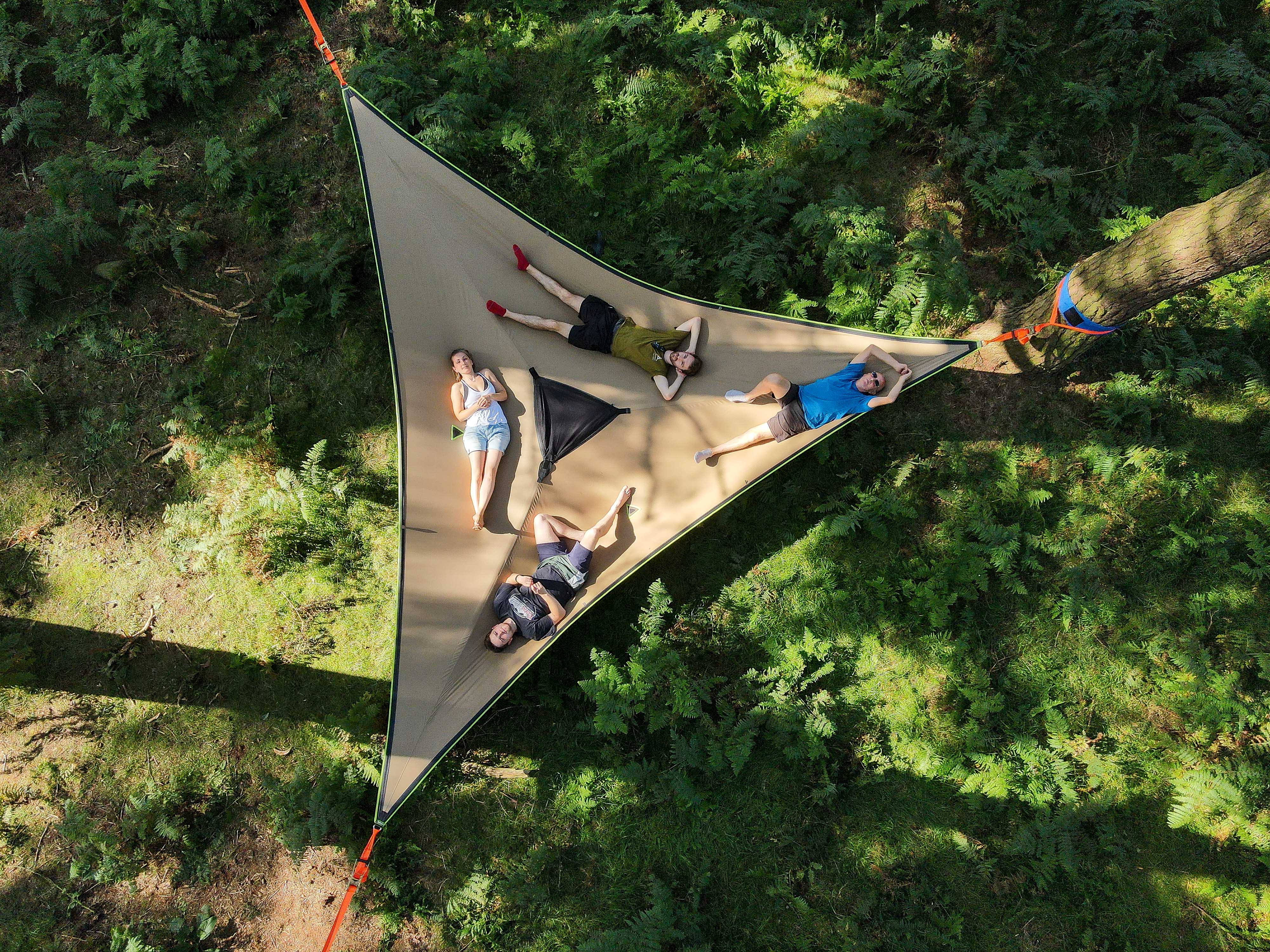Colorado is an incredibly popular spot for mountain hiking, biking and generally enjoying the splendour of natural beauty in the mountains, canyons and forests. Camping here is split into established campgrounds and dispersed campgrounds. Established campgrounds having active pitch sites, amenities and often come with a fee to park up. Dispersed campgrounds are on the cusp of backcountry camping, where you will be camping outside of a designated campground. This can mean driving up a forest access road to a pullout where you can park your small RV. It can also mean backpacking into the mountains and finding a flat spot to pitch your tent. Dispersed camping is best way to find free camping. In this article we will cover a range of factors relating to camping in Colorado for new campers, but may also include something extra for you experienced campers. Filled with campsites, hiking trails, national parks, mountains and fishing locations, Colorado has much to offer.
Where to camp in Colorado?
There are many locations in Colorado where it’s possible to tent camp, here’s a list for you to check out with locations that range from mountains and canyons and forests.
- Rocky Mountain National Park
- Great Sand Dunes National Park
- Indian Peaks Wilderness (excellent for hiking trails)
- Ouray
- The Flattops
- Sawatch Mountain Range (excellent for hiking, biking and fishing)
- Crested Butte and Gunnison (excellent for mountain biking)
- Routt National Forest
- Sangre de Cristo Mountains
- Twin Lakes
- Aspen
- Poudre Canyon
- Tenmile Range
What to pack for camping in Colorado
Depending on the type of camper you are, you will want to bring certain equipment. For the backpackers and lightweight campers, the UNA or Flite will suffice if there are a maximum of 2 in your camping party. For 3 or more, take a look at the rest of our classic range. Make your camp a comfortable home by including a hammock to create a stack, for a place to relax.
Always bring rain gear, jackets and maybe an extra rainfly in case an accident happens. Weather is unpredictable everywhere, and it’s always better to be safe than sorry.
A Map/navigation system. Even though we could just use our phones for a GPS signal, there may be times where you can’t get any signal, so it’s always handy to go old school and pull the map out, it could also be quite fun to orienteer with a map.
Sunscreen and insect repellent, the integrated insect mesh on Tentsile tree tents can’t protect you when you’re outside, so it’s always handy to have some in your inventory.
Having a backpack allows you to stray away and venture from your base camp, our 35L Day Rucksack is the perfect companion and is made of durable material, the right choice.
Sleeping bags are a necessity, partnered with an air mattress (one of our Skypads will be best) for a comfortable nights sleep.
Quick-dry shorts/trousers are always handy. And so are thermals for the nights where the temperature drops.
What to consider before camping in Colorado
There are a few key factors to bear in mind when planning your camping trip to Colorado, such as:
A lot of locations in Colorado are first-come-first-serve, as well as many having zero amenities and are closed during the winter. So if you’re wanting to take advantage of a camper, RV campsites, or other established dedicated campgrounds, look up your desired location beforehand.
In many places, fires are banned due to the amount of forestry and Colorado’s dry climate.
Leash-laws for dogs are on many campgrounds, so if you wish to bring your pup check your desired campgrounds rules and regulations.
During peak seasons, many campgrounds and camp sites will have a max capacity of campers, so ensure you pre-book id you’re planning on camping during the summer particularly.
Some campgrounds will have fees for reservations or permits for your vehicle to park up. Same goes for tent pitches.
Finally, check up on bear canister regulations for wilderness camping.
Colorado camping tips
Here are some key tips you should keep in mind before embarking on your camping trip in Colorado:
Reserve a place at your desired campgrounds well in advance, especially for popular spots like Rock Mountain Nation Park.
Reserve a permit for wilderness camping in locations such as Indian Peaks/
At night, the mountain air gets very cold, so ensure you pack plenty of layers to be prepared for those drastic temperature changes.
Check the road conditions before settings off, ensure the journey will be safe for you and your fellow campers.
Pack away rubbish and toilet paper as wild animals will be attracted to these, and you don’t want any uninvited visitors!
Respect the trees and the natural land, leave no trace and return the area you camped in back to it’s original state, or in a better state.
Black bear are quite common in Colorado, so don’t leave any food or scented goods like toothpaste in your tent.
Frequently asked questions
Can I camp anywhere in Colorado?
Unless otherwise noted, camping in national forests is free, anywhere in the country.
Where can I camp during the winter in Colorado?
Some great places include Colorado National Monument, Great Sand Dunes National Park, Rocky Mountain National Park, Oil Well Flats, Fruita and Buffalo Creek.
Is it safe to camp in Colorado?
Bears are quite common, so ensure you do your research and bring the necessary equipment in order to avoid any problems.
Are camp stoves allowed in Colorado if there is a fire ban?

